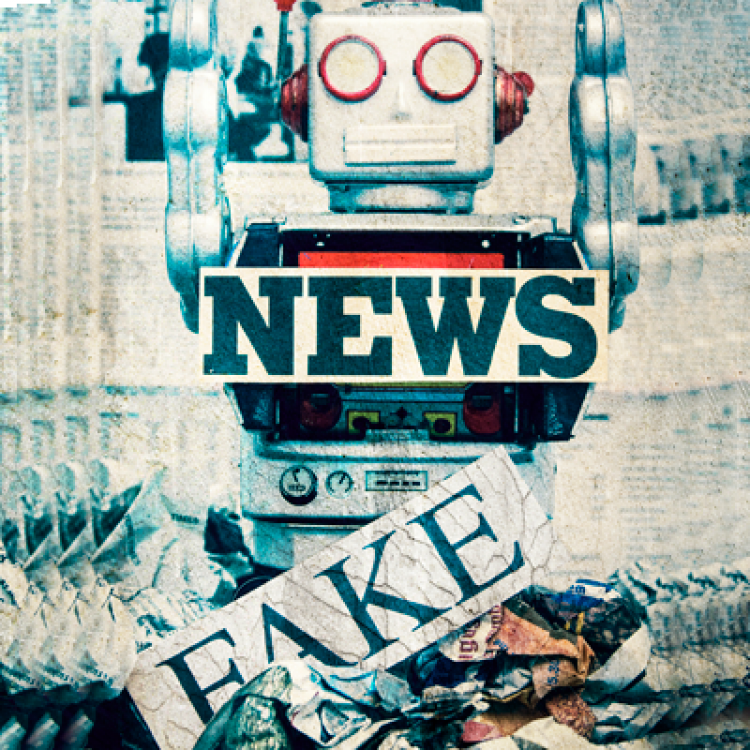Fake news risk: the truth behind eye-catching headlines

In the 21st century, the impact and influence of 'alternative truths', and human error in reporting have been under more scrutiny than ever. Irene Lai of International SOS says risk managers need to be alert to misinformation.
For risk managers, having access to accurate, vetted information is key to understanding, analysing and addressing risk in order to know when to act, how to react and how to make sure your business stays on track in achieving its objectives. Accuracy and timeliness of information is critical when it comes to the safety, security and wellbeing of employees travelling and working overseas.
Pseudoscience and international health incidents
Fad diets and products promoted as cures for everything from wrinkles to cancer are relatively easy to spot as exaggerated or inaccurate. When claims contain pseudoscience, getting to the truth requires more scrutiny. High profile examples of dangerous misinformation that circulated in response to international health incidents include:
- Following the nuclear accident in Fukushima, Japan, in 2011, stores in China sold out of table salt due to the incorrect belief it protected against radiation;
- During the 2014 Ebola outbreak in West Africa, people died after drinking salt water, thinking it could cure the disease;
- In 2015, when South Korea was confronted by a large outbreak of MERS-CoV, North Korean scientists claimed to have created a vaccine derived from ginseng which could treat SARS, Ebola, and MERS-CoV;
- The numerous oils and "natural" products which are said to prevent mosquito bites and malaria have found a new market in those seeking to ward off Zika, although they don't live up to these claims.
A global resurgence in vaccine-preventable diseases is partially fuelled by misinformation about the vaccine safety. "Vaccine hesitancy", a trend which the World Health Organization highlighted in its Ten threats to global health in 2019[1], has contributed to a spectacular comeback in measles. Europe, the Americas and Japan have reported a rising number of cases, and countries which had eliminated the disease are responding to international travellers arriving with the disease and sparking local outbreaks.
Social media organisations are finally acknowledging their responsibility in the spread of false information. Pinterest has blocked searches of vaccine-related information[2] and removed accounts that violate their guidelines on misinformation[3], while YouTube has stopped ad placements on anti-vaccination videos[4]. Nevertheless, there is a long way to go in fighting inaccurate and deliberately falsified information.
Four questions to ask
How should risk managers evaluate information when assessing and responding to an incident that may impact the health and wellbeing of employees, particularly for a country they are unfamiliar with? Risk professionals should answer the following questions:
- Where is the information coming from? Does the source clearly identify who they are? Are they affiliated with an established institution, government agency, or reputable organisation?
- Does the information point to robust reference sources? Providing references makes independent verification easier.
- Is there a feedback mechanism?
- Is the information too good to be true?
If you are still unsure, seek the support of trusted, expert advisors. Discuss the scenario, have your questions answered with solid information, and get opinions on the potential benefits and risks of your response to the incident.

Irene Lai MD, is medical director at International SOS.
International SOS issues medical risk ratings and alerts, compiled by a dedicated medical information and analysis team. For more information visit internationalsos.com.
[1] Ten threats to global health in 2019, World Health Organization https://www.who.int/emergencies/ten-threats-to-global-health-in-2019
[2] Pinterest Restricts Vaccine Search Results to Curb Spread of Misinformation, New York Times, 23 February, 2019 https://www.nytimes.com/2019/02/23/health/pinterest-vaccination-searches...
[3]Health misinformation, Pinterest https://help.pinterest.com/en/article/health-misinformation
[4] YouTube Just Demonetized Anti-Vax Channels, BuzzFeed News, 22 February 2019 https://www.buzzfeednews.com/article/carolineodonovan/youtube-just-demon...
